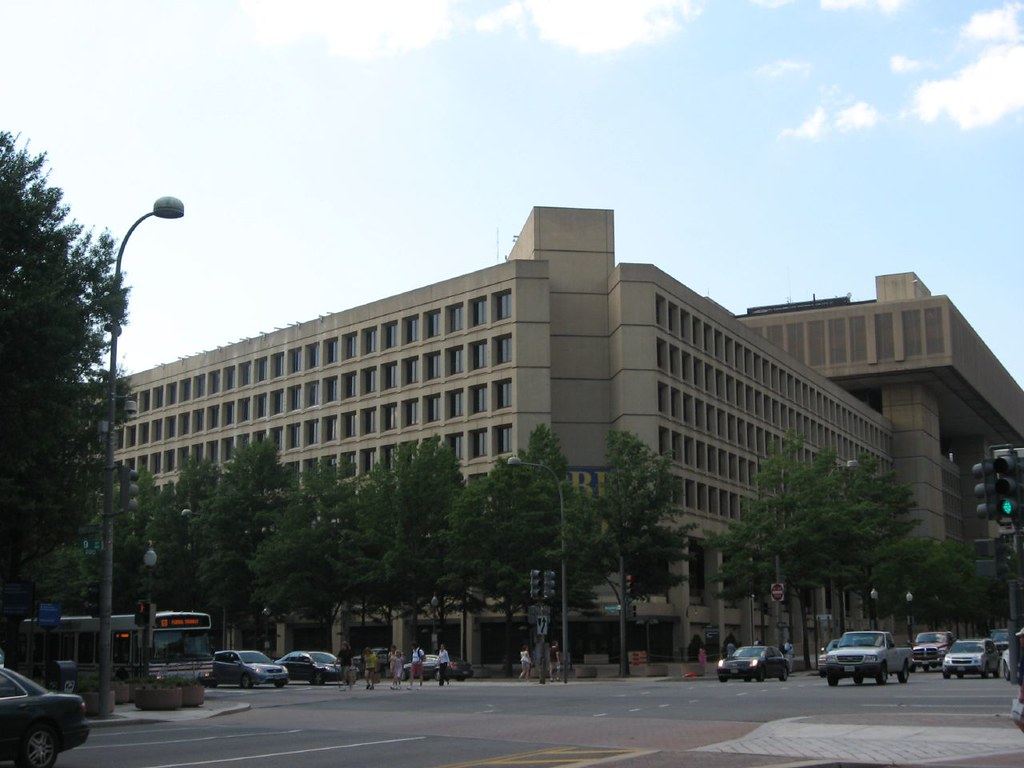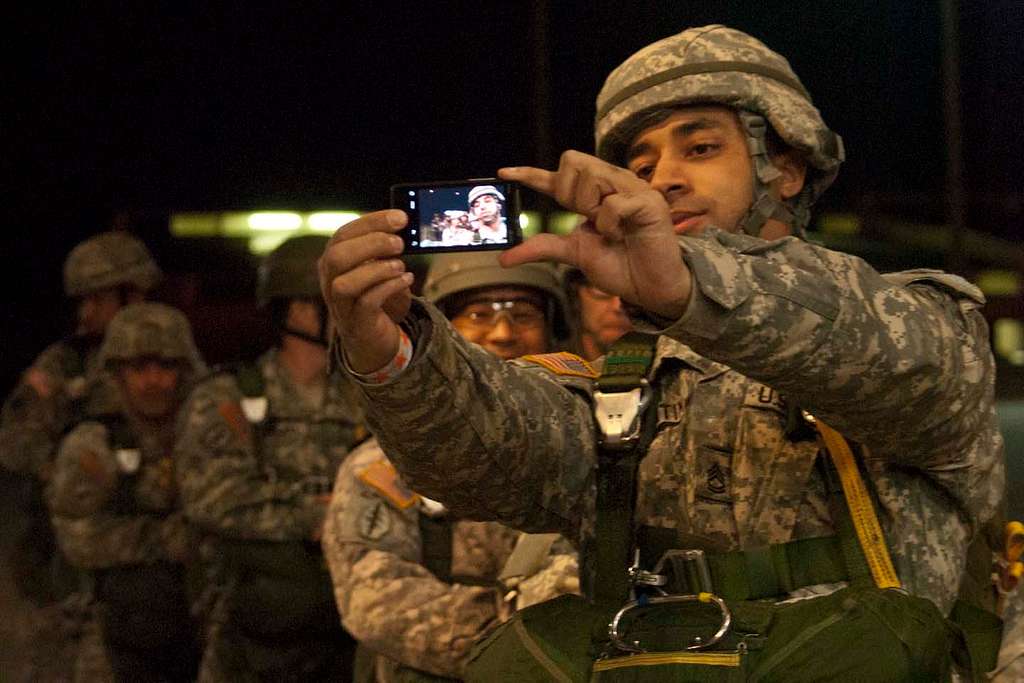-

Expanding the Reverse Targeting Prohibition: A Back Door Repeal of 702?
While much of the 702 reauthorization debate has focused on the U.S. person query issue, another potential change—reverse targeting—could effectively repeal the authority. -

The House Seeks to Crown a (Section 702) Queen
Unpacking the competing bills and the unusual legislative maneuver central to this week’s House vote on Section 702 reauthorization. -

The Expiration Date on Privacy Protections for Americans Abroad
The FISA sunset debate isn’t just about Section 702. It’s also about the rights of Americans when outside the U.S. -

The Vulnerability and Protection of Student Data
Student data contains important information on minors and young adults, but the regulations protecting student data are not comprehensive. -

The Lawfare Podcast: Matthew Tokson on Government Purchases of Private Data
Is the government bypassing the Fourth Amendment to purchase private data? -

Navigating Toward an EU-U.S. Agreement on Electronic Evidence
Several models exist for an agreement, but reaching one will require navigating sovereignty and rule-of-law challenges. -

Two Bills and the Congressional Divide Over Section 702 Reauthorization
With FISA Section 702 soon set to expire, two Senate bills and a House report frame the reauthorization debate as it comes down to the wire. -

Data Brokers, Military Personnel, and National Security Risks
A new study dives into the multibillion-dollar data brokerage ecosystem and the kinds of data that U.S. companies gather and sell about service members, veterans, and their families. -

The Lawfare Podcast: Data Brokers and the Sale of Data on U.S. Military Personnel
What are the national security risks arising from the sale of data that data brokers sell? -

Lawfare No Bull: NCTC Director Abizaid, Homeland Security Secretary Mayorkas, and FBI Director Wray Testify
-

Online Platforms’ Responses to Terrorism
Managing terrorism is always difficult for platforms, but the situation in Israel and Gaza is complex in ways that exceed any previous circumstance. -

The Lawfare Podcast: Data Brokers, Public Records, and Violence with Justin Sherman
How do “people search” data brokers use public information and contribute to stalking and abuse?
The upcoming main navigation can be gotten through utilizing the tab key. Any buttons that open a sub navigation can be triggered by the space or enter key.



krakd.jpeg?sfvrsn=c4e65a1e_5)
.jpeg?sfvrsn=6a091e2d_5)


.jpeg?sfvrsn=70250b30_5)


.png?sfvrsn=fa58bb9b_5)


